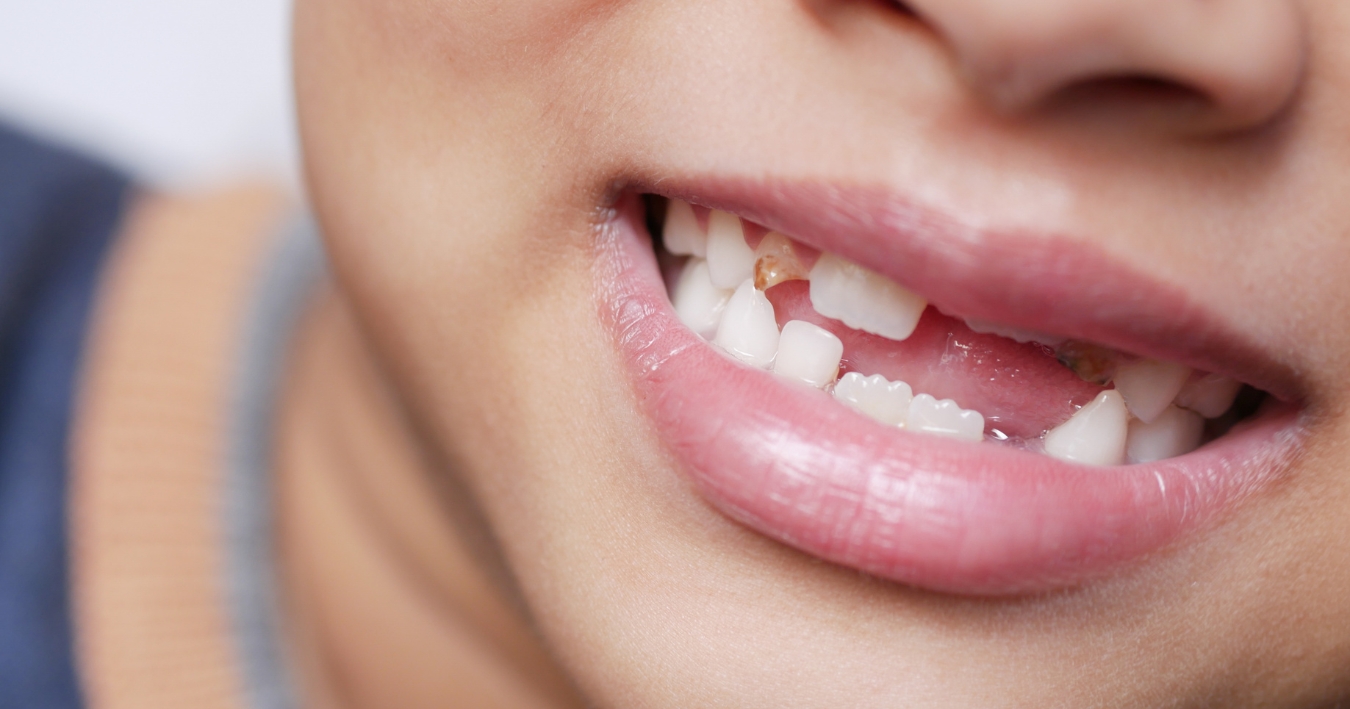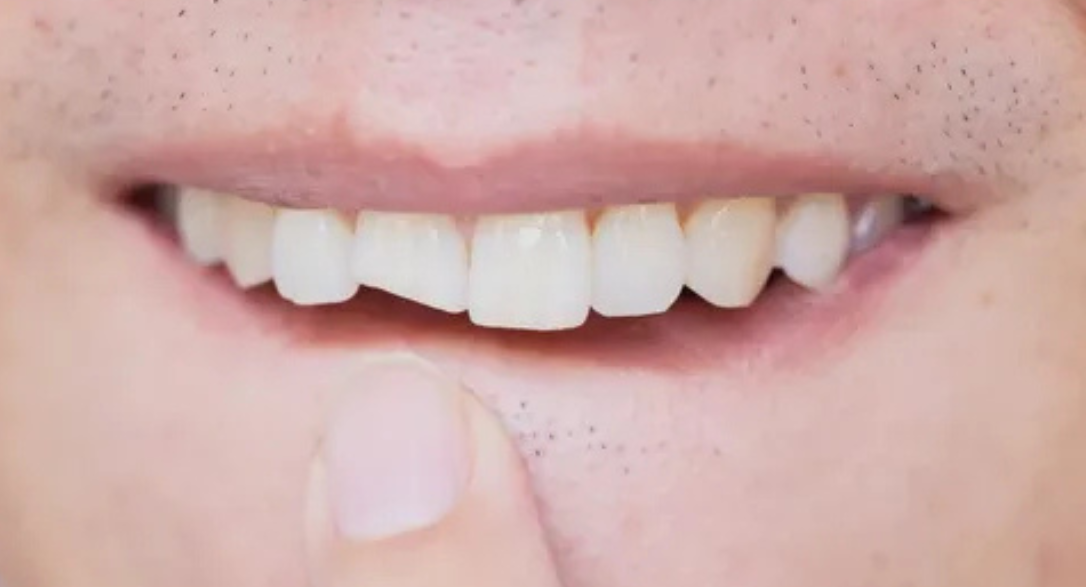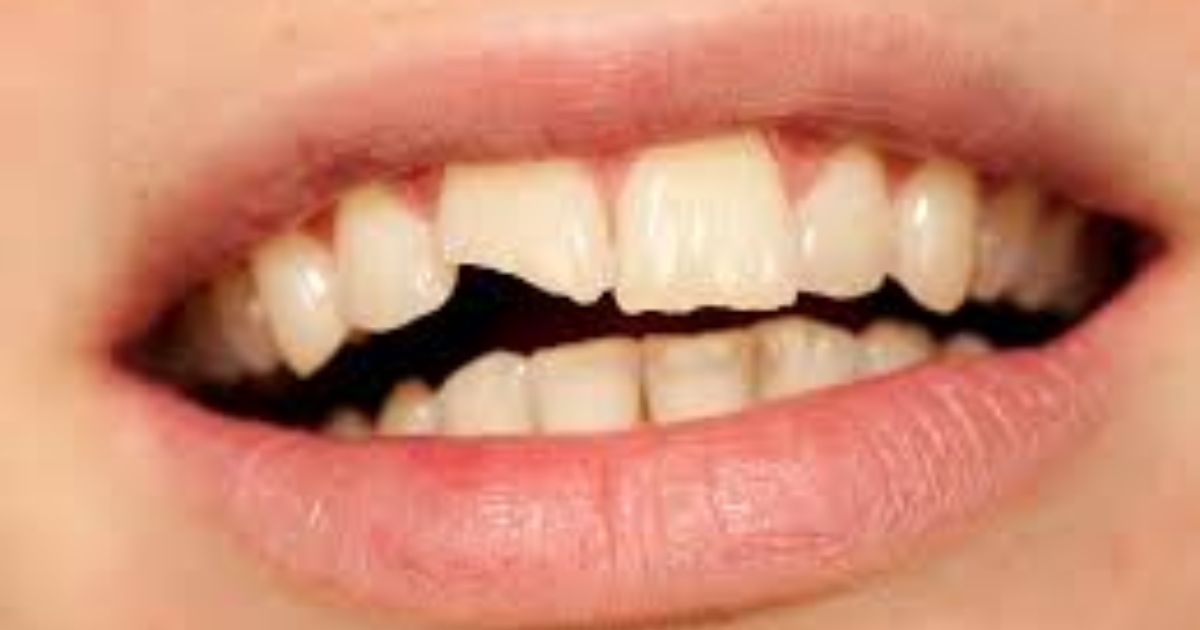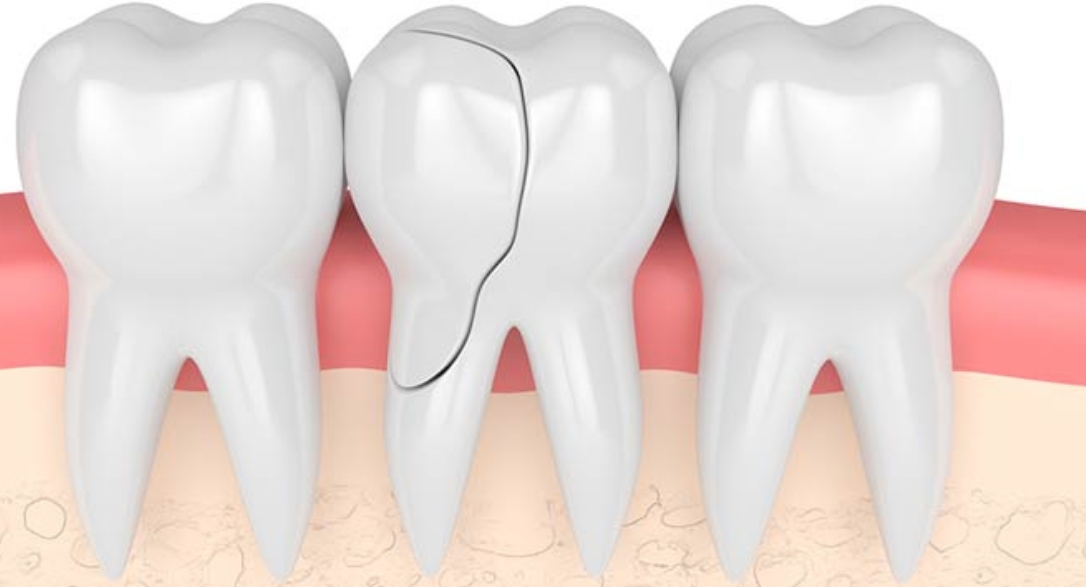Call Us Today 817-737-7668

Have you ever bitten into something hard and felt a sharp twinge in your tooth? Maybe you noticed a small crack but brushed it off, thinking it wasn’t a big deal. Ignoring a cracked tooth is easy when the pain isn’t constant or severe. But the risks of a cracked tooth can be manifold.
But did you know that leaving it untreated can lead to more than just dental discomfort?
From infections to tooth loss, the risks of ignoring a cracked tooth go far beyond what you might expect.
Cracked teeth don’t just affect your smile—they can jeopardize your overall health. Bacteria can sneak through the tiniest cracks, causing infections that may spread beyond your mouth. The longer you wait, the more complicated (and costly) the treatment becomes.
This blog dives deep into the hidden dangers of ignoring a cracked tooth, the signs to watch for, and how to protect yourself. If you’ve been putting off a trip to the dentist, now is the time to rethink that decision.
Let’s uncover why you should never ignore a cracked tooth.
How Do Cracked Teeth Happen? Common Causes You Should Know
Cracked teeth can happen to anyone, and surprisingly, many daily habits can put your smile at risk. Often, the causes seem harmless until you’re left dealing with discomfort or pain. Understanding these triggers is the first step toward prevention.
- Chewing hard foods: Crunching on ice, popcorn kernels, or hard candies can create stress points on your teeth, leading to cracks.
- Teeth grinding (bruxism): Constant grinding during sleep wears down enamel, making teeth more vulnerable to cracks.
- Accidents or trauma: A fall, sports injury, or even a sudden blow to the face can result in a cracked tooth.
- Weakened enamel: Age, acid erosion, or untreated cavities can weaken your enamel, making it easier for cracks to form.
- Temperature extremes: Switching from very hot to freezing foods or drinks quickly can damage your teeth and cause cracks.
Types of Cracked Teeth: Identifying the Severity
Not all cracked teeth are the same. The severity and type of crack play a major role in determining the treatment needed. Here’s how cracks differ and why it matters.
- Hairline fractures: Small cracks on the enamel that are often cosmetic but can worsen if ignored.
- Craze lines: Tiny cracks common in adults, usually shallow and painless.
- Cracked cusp: A fracture around a dental filling that may affect chewing.
- Split tooth: A crack extending to the root, often requiring extensive treatment.
- Vertical root fracture: A crack starting at the root and moving upward, frequently requiring extraction.
An endodontist in Dallas will diagnose the crack using advanced tools like X-rays and magnification. Early diagnosis ensures better outcomes and avoids complications like infection or tooth loss.
The Hidden Health Risks of Ignoring a Cracked Tooth
Ignoring a cracked tooth isn’t just about oral discomfort—it can lead to serious health concerns. Cracks provide a pathway for bacteria, turning a small issue into a major problem.
- Infections and abscesses: Bacteria entering the crack can infect the pulp, leading to painful abscesses.
- Bone loss: Untreated infections can erode the jawbone, compromising oral structure.
- Systemic health risks: Infections from a cracked tooth can enter your bloodstream, potentially causing sepsis or other systemic issues.
- Damage to neighboring teeth: Pressure from a cracked tooth can spread damage to nearby teeth over time.
Symptoms to Watch Out For: Don’t Ignore These Red Flags
A cracked tooth might not initially hurt, but subtle signs often indicate bigger issues brewing. Pay attention to these symptoms before it’s too late.
- Pain when chewing: Sharp pain while biting down often points to a crack.
- Sensitivity: Discomfort when consuming hot, cold, or sweet foods is a warning sign.
- Swelling or gum irritation: Inflammation near the affected tooth could indicate infection.
- Discomfort with no clear cause: A dull ache or random pain might hint at a hidden crack.
- Visible cracks or chips: Even small, visible damage should be evaluated immediately.
What Happens During Treatment? Options to Save Your Tooth
Treating a cracked tooth depends on the type and severity of the crack. Fortunately, modern techniques offer effective solutions to restore your smile.
- Dental bonding: For minor cracks, bonding uses resin to seal the crack and restore functionality.
- Crowns: Severe cracks often require crowns to provide full coverage and strength.
- Root canal therapy: If the crack reaches the pulp, treatment can remove the infection and save the tooth.
- Extraction: In cases of extensive damage, a tooth may need to be removed to protect neighboring teeth and overall health.
Preventing Cracked Teeth: Simple Steps to Protect Your Smile
Prevention is always better than treatment. Adopting a few habits can significantly reduce your risk of cracking a tooth.
- Avoid hard foods: Skip chewing ice or hard candies to prevent stress on your teeth.
- Use a mouthguard: Protect your teeth while sleeping if you grind or clench your jaw.
- Regular check-ups: Routine visits help catch early signs of weakness or damage.
- Maintain oral hygiene: Strong, healthy enamel is less likely to crack. Brush and floss daily.
- Address dental concerns early: Don’t ignore cavities or minor chips—they can lead to cracks.
Cost of Ignorance: Financial and Emotional Impact of Delay
Delaying treatment for a cracked tooth can cost you more than just money—it can take an emotional toll, too.
- Higher treatment costs: Ignoring cracks can lead to infections or tooth loss, requiring expensive treatments like implants or extractions.
- Time-consuming procedures: Complex issues need multiple visits and extended recovery times.
- Emotional stress: Dealing with severe pain or visible damage can impact your confidence and well-being.
- Risk of long-term health issues: Systemic infections can complicate your overall health, increasing emotional and financial burdens.
A cracked tooth is more than just a dental issue—it’s a time bomb for your health. Addressing it early can prevent pain, costly treatments, and long-term complications. Don’t let a small crack disrupt your life. Schedule an appointment with an expert today to protect your smile and overall well-being. Taking action now saves your teeth and ensures your confidence and peace of mind. Your health deserves the best care—don’t wait to get it.





